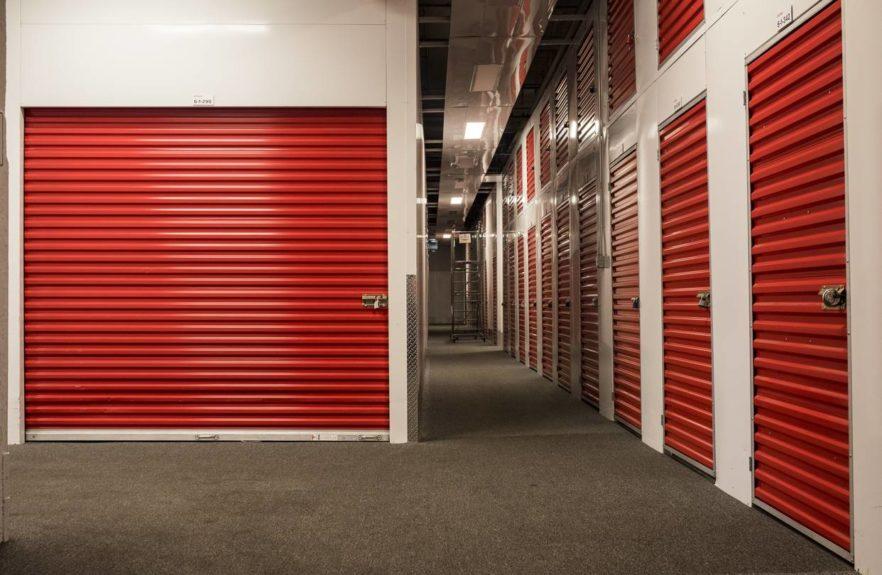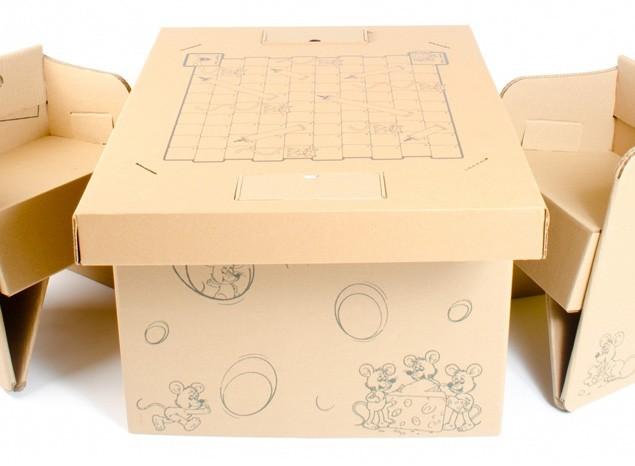How hard is it to find a storage facility or company in Sydney? Frankly, it is not so hard. Since the start of the 1960s, this industry has grown in leaps and bounds. In Sydney and various parts of the world, many business owners have identified the increasing demands of this industry and have latched on to it.
However, the real question is not about finding just any facility but the best suited for your needs.
In this article, we will be discussing various important subjects about these facilities. Here, you will get to know what these companies do, the various kinds of services they offer as well as why they are patronized by individuals and companies. So, if you require the services of these guys now or in the future, you will do well to keep reading to learn more.
Let’s dive right into it.
What Is a Storage Facility?
This kind of business is about renting spaces to clients. However, they are more specific in their operation. They help you store goods and items you do not need for a given period of time.
Talking about items to be kept in storage, there may be certain restrictions regarding this. What restriction a facility will impose will be largely dependent on the location of the company. For instance, in some places, firearms and controversial properties can be disapproved for safe keeping by a company.
Why Not Use a Warehouse?
This question is important. This is because it sheds more light on the role and benefit of dealing with a storage facility.
These companies offer more privacy and convenience. With secured compartments, users can be assured of both the safety and privacy of their items in storage.
This is not the case in a warehouse where your products are stored with those of other clients. Among many things warehouse workers have easy access to your stuff.
For many storage facilities, if other people have access to units, this access is highly restricted and coordinated. In short, there is a higher level of security found with these companies than with warehouses.
Storage Facility Options
Although some companies offer some variations with a few extras, there are generally 3 types of storage options. Let us go over these options.
Conventional Facility
When this business formally emerged in the mid-1900s, this was the main option that was available. Every other client storage option sprang out of this one.
The conventional storing plan is one that allows clients to safely keep their belongings with the company. The stored property is adequately packaged to avoid the possibility of damage. Usually, the client is charged a monthly bill as long as the item remains with the company.
As an added advantage, some companies even offer pickup and delivery services. This adds to the convenience that these companies guarantee.
Self-Storage Unit
This is a step ahead of the conventional storage plan. More than keeping the client’s property, it allows the client uninterrupted access to the stored items.
Some technologically advanced facilities have maximum security to help out. Things like biometric identification can be used to prevent unrestricted access to the stored items. In many cases, only the client has access to their space.
So, rather than charging based on the items kept, this package requires that the space or unit be rented. The size of the rented space will then be what determines the cost for the client.
Some of the common size of spaces or units available for rent include the 5 x 10, 10 x 10, 10 x 20, 15 x 20 and 20 x 20 inches. Larger storage units may also be available on special request. Before choosing a storage unit, it is important you have a good idea of how much space you really need. Apparently, the more the space demanded by the client, the more the cost.
Transit Storage Option
Except in unusual situations, this option is used as very temporary arrangement. It costs more but is more convenient. This is because the transition of your stored items is quite easy.
This is an option that includes the use of a moving truck. The stored items are kept in a moving truck owned by the company.
Because of this logistical edge, the items can easily be moved from one point to the other if required. Also, if you have sufficient space in your yard, you can have the truck parked close to you.
Why Will Anyone Need a Storage Facility?
Having looked at these facilities in general, it is important to know why they may be necessary for some people. As briefly as possible, let us discuss some reasons people require these facilities.
Death
Often, with the passing away of a loved one comes the need to sort out their belongings. Sometimes, the relatives are caught in-between disposing and keeping these belongings. In such a case, a storage unit can come in handy. The belongings can be kept safe in storage until a final decision is reached.
Divorce
This is a sad reality that however comes with the need to part ways with some belongings. Any of the two parties without a place for their stuff can decide to make use of a service such as we have described.
Personal or Commercial Change
After using an item for a while, some people or companies may decide to get a new set. An example is with furniture. The old items may not simply disposed of but kept for auction or give-away. Before this is done, the items can be kept in a rented storage unit.
Also, a change of environment for people can require that certain items be kept somewhere for the time. A good option for many is the storage facility.
For more reasons why people consider patronizing these companies, you can visit: https://www.findstoragefast.com/blog/4-reasons-why-people-keep-things/.
On a Final Note
In this article, we explained some of the various storage unit options available and some circumstances that may warrant their use.
Remember that if you need a long-term plan and you are particular about access and privacy, a self-storage unit is great. However, if you need a cheaper alternative, by all means, the conventional option is your best bet.
The point here is that you will be certain to find a facility that will suit your exact needs and budget if you take the time to search.











